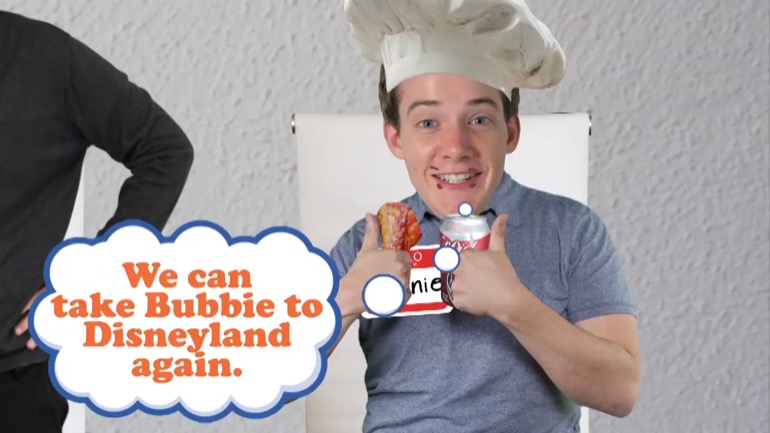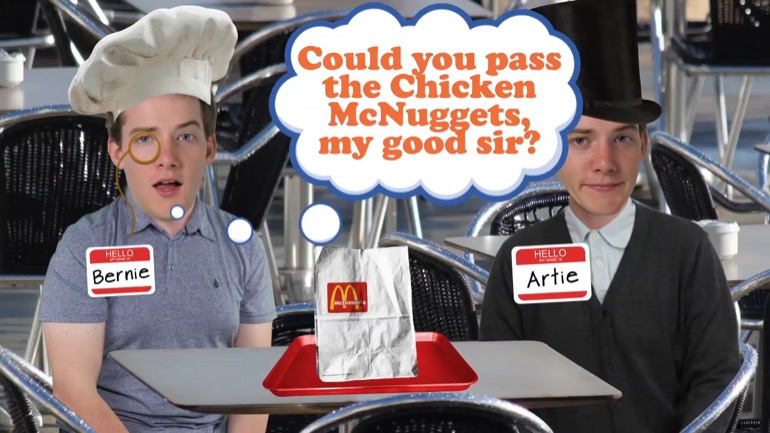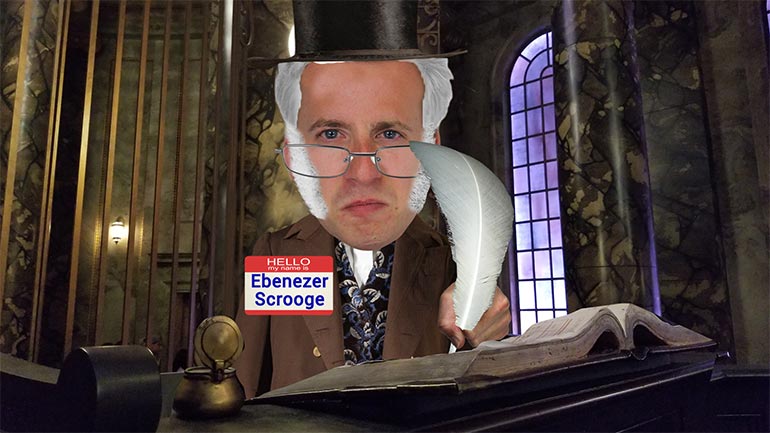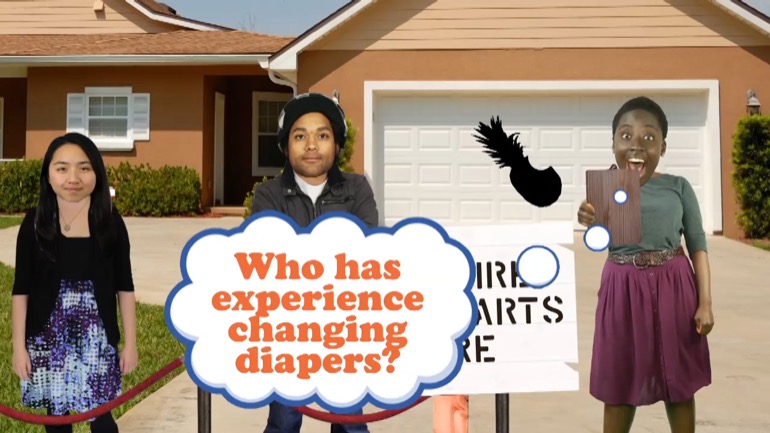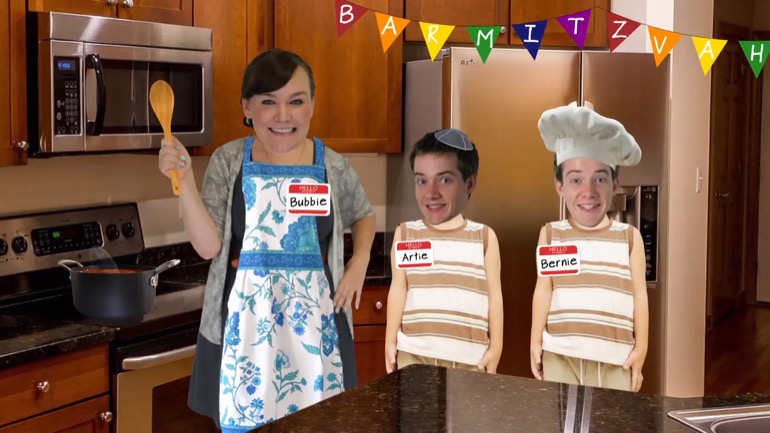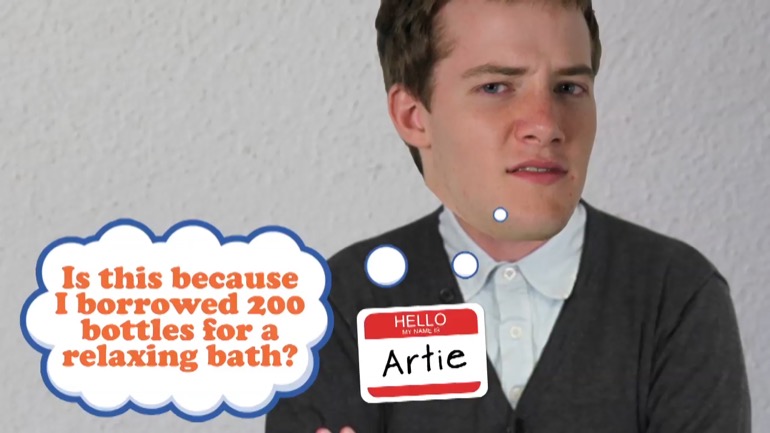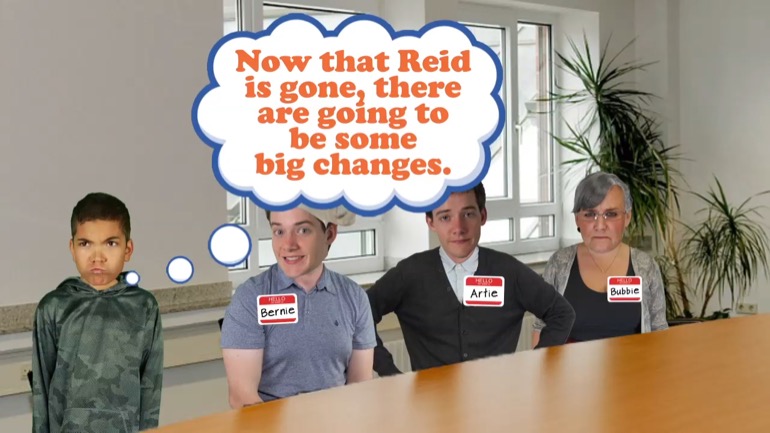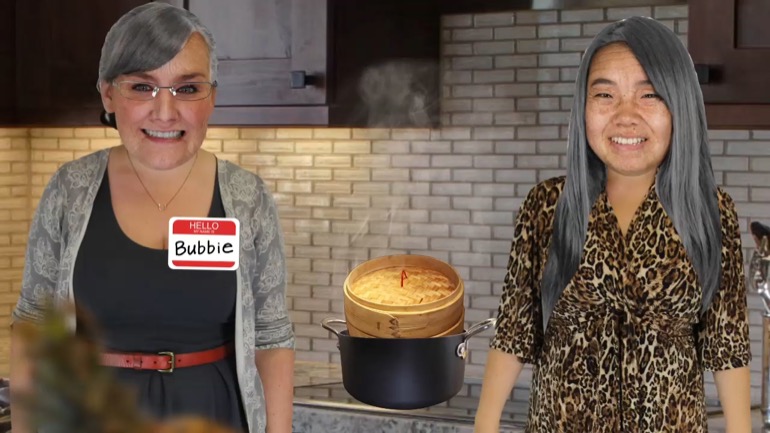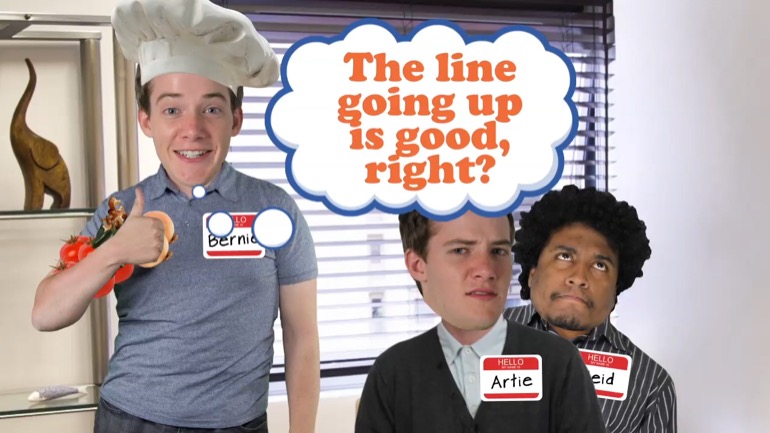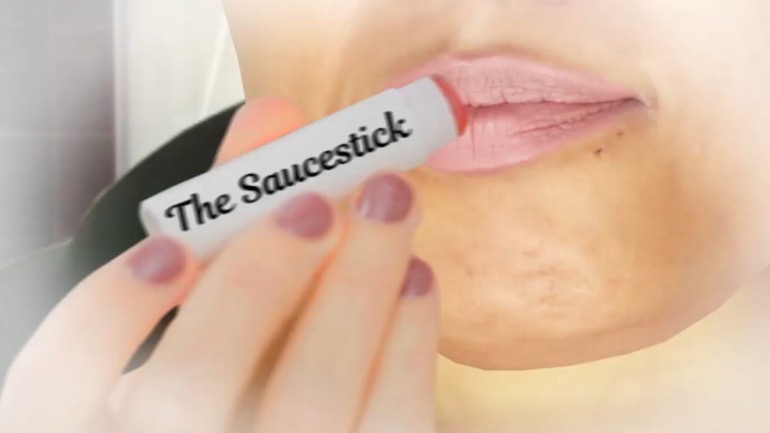ShmoopTube
Where Monty Python meets your 10th grade teacher.
Search Thousands of Shmoop Videos
Finance Concepts Videos 809 videos
What is the difference between federal and state taxes? Federal taxes: the whole country. Taxes for national defense, interstate roadways, national...
What is the difference between stocks and bonds? Stocks are ownership. They control the election of the board of directors, who hires the CEO, who...
What rights does a public stockholder have? Common shareholders elect the board of directors. They vote. They have the right to quarterly financial...
Principles of Finance: Unit 1, Income Statements: Margin, Operating Profits, and More 48 Views
Share It!
Description:
What is an income statement, and why do we need it in our lives? Well, let's take a look at an income statement for Year 1 of the Sauce Company, and see how they track overhead, revenues per unit, operating profits, and whatnot. Especially the whatnot.
Transcript
- 00:00
commas are awesome. they're like the therapists of punctuation. he's
- 00:07
reminding us to slow down, and take a breath, every once in, a while. but just [couches converse]
- 00:14
because we love them does that mean we should be throwing a million of them
- 00:17
into our writing absolutely not? yes commas are great but there are some
- 00:21
places where they're helpful in some places where they're just not. one place [man holds up hands]
Full Transcript
- 00:26
for commas? well lists with three or more items. every item in the list gets
- 00:30
separated with a comma. can't have them getting too cozy on the job there right?
- 00:34
so if you have a sentence like John picked up butter eggs and a big bucket
- 00:39
of grease, well you'll definitely want a comma right after butter to separate the
- 00:43
first two items. and another one right after eggs to separate the last two. [sentences on screen]
- 00:47
whether John's wife will definitely want that big bucket of grease well that's
- 00:51
another story. if your list is only two items long though you shouldn't use any
- 00:55
commas. so if our sentence had been John picked up butter and a big bucket of
- 01:00
grease well it should remain a completely comma free. it'd be nice if
- 01:04
John's home would remain completely free of buckets of grease, but hey you can't [man covers counters with buckets]
- 01:09
have everything. another good place for comma is between two independent clauses
- 01:13
joined by a conjunction. remember independent clauses can stand
- 01:16
by themselves expressing a complete thought like it was rainy out, or I
- 01:21
brought an umbrella. so if we wanted to join these two independent clauses with
- 01:27
a conjunction like so, we'd need to slip a comma between them right after out. if [sentences on screen]
- 01:32
it's really rainy you might also want to slip on a pair of rubber boots, and no
- 01:36
that's not a matter of good grammar just dry socks. on the other hand if we have
- 01:40
two independent clauses that aren't joined by a conjunction we don't need
- 01:43
any commas. so if we tried to join the independent clauses I was so tired and I
- 01:47
forgot my boots. throwing a comma between them would be a mistake which we call a
- 01:52
comma splice. and those are even worse than wet socks well you know that depends how you feel about [frowning kid in the rain]
- 01:57
bad grammar. we could also use commas to separate a non-restrictive element from
- 02:01
the rest of the sentence. well a non-restrictive element is
- 02:04
something we can cut right out of a sentence without changing its meaning.
- 02:08
for example in a sentence like the dog which I got from the pound can do five
- 02:13
tricks. which I got from the pound is a non-restrictive element because the [sentences on screen]
- 02:17
sentence would still be complete as the dog can do five tricks so we'd need to
- 02:22
separate the non-restrictive element from the rest of the sentence with a
- 02:25
couple of commas. of course if one of the dogs tricks is
- 02:28
separating no constrictive elements while he might have already done it for [dog wags tail]
- 02:32
you. good boy. however comma shouldn't always be used
- 02:35
for separating especially if you've got a dependent clause or a restrictive
- 02:38
element on your hands. in a sentence like the dog caught a frisbee while I was
- 02:43
tying my shoelaces, well, while I was tying my shoelaces is a dependent clause
- 02:47
so the sentence should remain comma free. similarly in a sentence like the
- 02:52
shoelace I was tying turned to dust. I was tying is important to
- 02:57
understanding the sentence. so it's a restrictive element which means no
- 03:01
commas. although we might think about getting new shoelaces. pretty tough to [man ties shoes]
- 03:05
tie dust into a nice bow.
Related Videos
GED Social Studies 1.1 Civics and Government
What is bankruptcy? Deadbeats who can't pay their bills declare bankruptcy. Either they borrowed too much money, or the business fell apart. They t...
What's a dividend? At will, the board of directors can pay a dividend on common stock. Usually, that payout is some percentage less than 100 of ear...
How are risk and reward related? Take more risk, expect more reward. A lottery ticket might be worth a billion dollars, but if the odds are one in...








































































